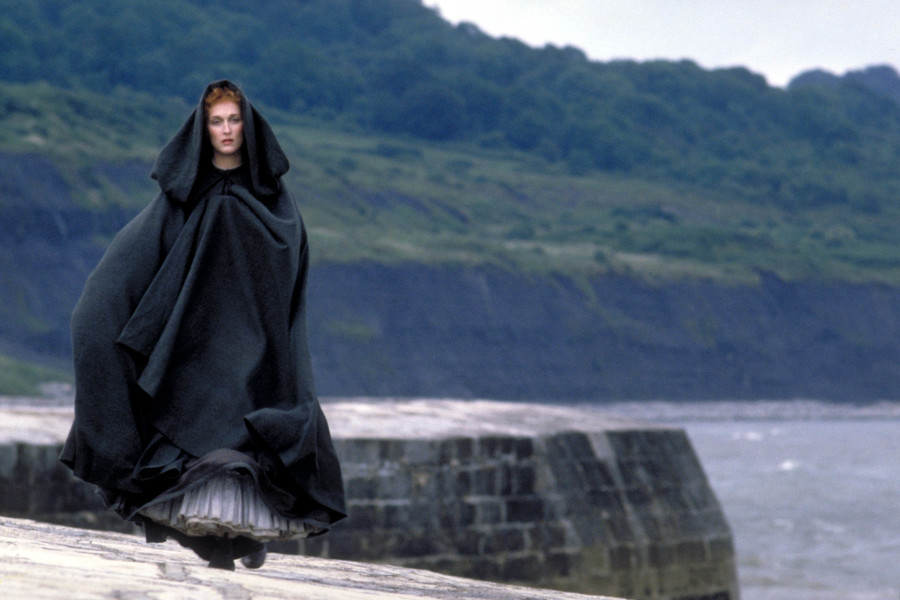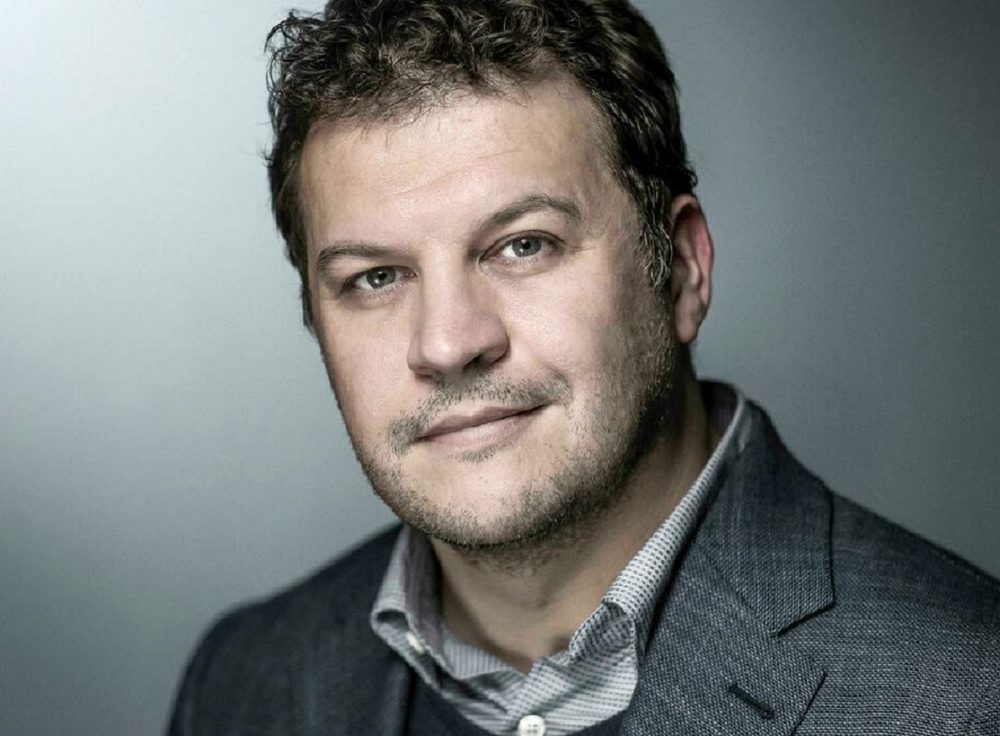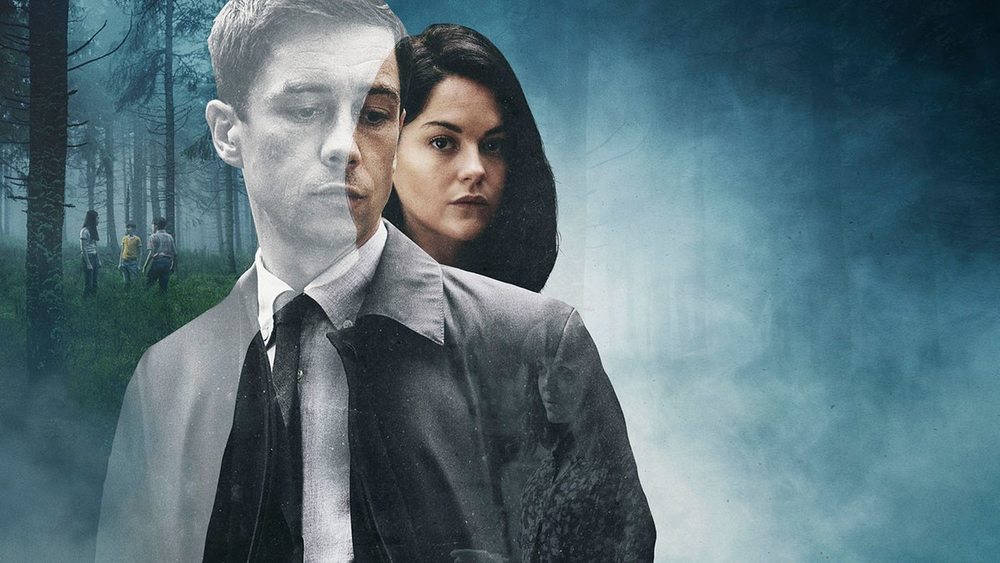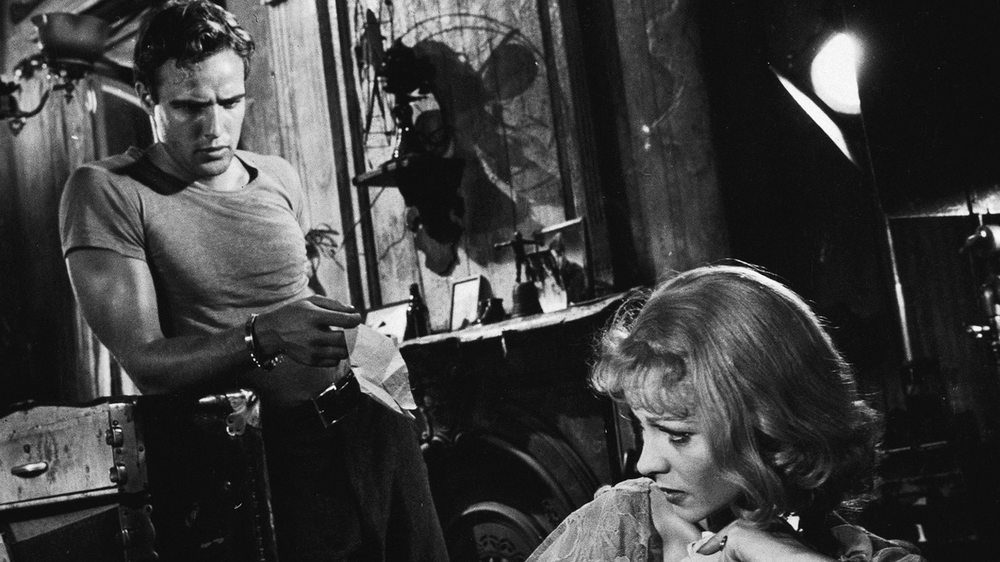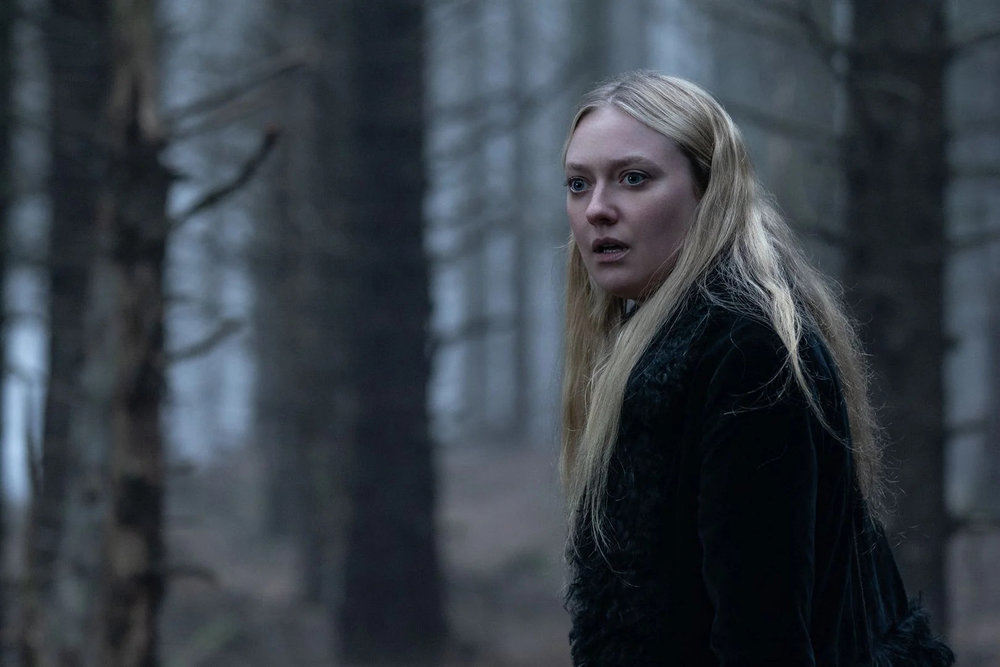Приговор при свечах / Judgment in candlelight - Владимир Анатольевич Арсентьев
Книгу Приговор при свечах / Judgment in candlelight - Владимир Анатольевич Арсентьев читаем онлайн бесплатно полную версию! Чтобы начать читать не надо регистрации. Напомним, что читать онлайн вы можете не только на компьютере, но и на андроид (Android), iPhone и iPad. Приятного чтения!
Шрифт:
Интервал:
Закладка:
The story tells that Socrates’s prophecy caught up with his accusers. Presumably, Athenians came to their senses and expelled the denunciators from the city, denying them “fire and water,” so they had nothing better to do than hang themselves. The descendants really wanted to retaliate for Socrates, so they created a legend in which Anytos, the main prosecutor and denunciator, was stoned to death and died in horrible pain.[167]
In Michel de Montaigne’s view, the philosophy of Socrates is all about choosing the spiritual over the carnal. For this very reason, Socrates “was seen standing in an ecstatic trance for a day and a night in view of all the Grecian army, surprised and caught up by some deep thought. He was seen to be the first of many brave men in that army to dash to the help of Alcibiades when he was overwhelmed by the enemy, shielding him with his body and pulling him out from under the weight of their numbers by the sheer force of his arms; and of all the people of Athens (outraged like him by such a shameful sight) he was the first to stand forth to rescue Theramenes from the Thirty Tyrants, whose henchmen were escorting him to his death and, although he was seconded by only two men, he did not give up that valiant attempt until Theramenes himself urged him to do so. When wooed by a person whose beauty had enthralled him, he was seen to maintain, as was necessary, strictest continence; he was seen helping up Xenophon at the battle of Delium, saving him when his horse had given him a tumble. He was seen striding undeviatingly to war trampling over the ice in his bare feet; wearing the same gown in winter as in summer; surpassing all his comrades in his endurance of hardships and, at feasts, eating no differently from usual. He was seen, unmoved in countenance, putting up for twenty-seven years with hunger and poverty, with loutish sons, with a cantankerous wife and finally with calumny, tyranny, imprisonment, leg-irons and poison. Yet that very man, when the dictates of courtesy made him a guest at a drinking-match, was, from the entire army, the man who best acquitted himself.”[168]
When Socrates sat among the jury, he followed his conscience and searched for verity, guided by reason and working hard to find the truth. His virtues reflected in word and deed the ideal essence of law, which is fairness, freedom, and equality – the fundamentals of justice.
The Platonic society ideal follows from the general Socratic principle. Plato posits that the ideal lives in the visible world of phenomena, too,[169] existing permanently and independent from human understanding. Aristoteles concluded that an idea is present in every material thing, that idea is part of matter and is found within it. The idea, or form, as it was subsequently termed in Latin, became inseparable from matter, and they started defining each other.[170]
Law as a system of rules of general effect arises from the will of people endowed with state power. It depends on their consciousness but not on the exercised will of any certain person. However, law as the highest principle does not hinge upon any person’s consciousness, whether that person is endowed with state power or not. Thus, state as the organizer of society and personal life-world must proceed from the principles under which the human is regarded by moral and law not as a means but as an end in itself.
This phenomenon found its legal expression in the presumption of innocence, derived by the legislator from the inalienable rights and freedoms of persons, which are granted by virtue of birth to all humans as sentient beings. Those rights and freedoms are to be guaranteed and safeguarded by the state.
Article 2 of the Constitution of the Russian Federation thus formulates the Basic Law, which is a lapidary formula of existence: “The person and their rights and freedoms are the supreme value. The recognition, observance and protection of human and citizen rights and freedoms shall be the obligation of the State.” Human and citizen rights and freedoms determine the meaning, content, and application of law, the activities of legislative and executive bodies as well as local self-government; they are ensured by the exercise of justice. Consequently, positive law also expresses and consolidates the ideas of justice and freedom. Thus, the norms of law serve the natural human rights.
The meaning of justice is revealed in judicial discretion, which represents freedom of conscience and thought arising from the very human nature and constituting one’s natural right to be independent from external arbitrariness. The ways of exercising freedom of conscience and thought that contribute to the justice system are to be reflected in court verdicts in clear, straighforward language.
Justice is exercised by a specific person vested with public judicial authority. For this reason, judicial discretion in practice presents a problem of choice. In my view, what lies at the heart of that problem is the following discrepancy. On the one hand, criminal proceedings have to respect the directly applicable human and citizen rights and freedoms. On the other hand, criminal cases are to be considered and resolved as required by law, and verdicts are to be passed on behalf of the Russian Federation in a lawful, reasonable, and justified manner. While the criminal and legal agenda of the court prioritizes the protection of persons first, society second, and only then the state, the court is still designed to perform a punitive function. The court is part of the state, which is inevitably characterized by coercion and violence against citizens, as well as oppression of their will.
Прочитали книгу? Предлагаем вам поделится своим отзывом от прочитанного(прослушанного)! Ваш отзыв будет полезен читателям, которые еще только собираются познакомиться с произведением.
Уважаемые читатели, слушатели и просто посетители нашей библиотеки! Просим Вас придерживаться определенных правил при комментировании литературных произведений.
- 1. Просьба отказаться от дискриминационных высказываний. Мы защищаем право наших читателей свободно выражать свою точку зрения. Вместе с тем мы не терпим агрессии. На сайте запрещено оставлять комментарий, который содержит унизительные высказывания или призывы к насилию по отношению к отдельным лицам или группам людей на основании их расы, этнического происхождения, вероисповедания, недееспособности, пола, возраста, статуса ветерана, касты или сексуальной ориентации.
- 2. Просьба отказаться от оскорблений, угроз и запугиваний.
- 3. Просьба отказаться от нецензурной лексики.
- 4. Просьба вести себя максимально корректно как по отношению к авторам, так и по отношению к другим читателям и их комментариям.
Надеемся на Ваше понимание и благоразумие. С уважением, администратор knigkindom.ru.
Оставить комментарий
-
 Артур01 август 01:14
"Там, где лес не растëт", конечно, тяжëлая книга... Концовка слëзы выжимает нещадно. ...
Там, где лес не растет - Мария Семенова
Артур01 август 01:14
"Там, где лес не растëт", конечно, тяжëлая книга... Концовка слëзы выжимает нещадно. ...
Там, где лес не растет - Мария Семенова
-
 Гость Наталия30 июль 23:31
Спасибо автору. Книга интересная, увлекательная, легко читается, оставляет приятные впечатления. Желаю автору дальнейших...
Королева драконов - Анна Минаева
Гость Наталия30 июль 23:31
Спасибо автору. Книга интересная, увлекательная, легко читается, оставляет приятные впечатления. Желаю автору дальнейших...
Королева драконов - Анна Минаева
-
 Гость Татьяна30 июль 22:31
Душевная книга, очень люблю Михалкову, произведения всегда сочные, с неожиданным концом. Много личных историй героев, читаются...
Посмотри, отвернись, посмотри - Елена Ивановна Михалкова
Гость Татьяна30 июль 22:31
Душевная книга, очень люблю Михалкову, произведения всегда сочные, с неожиданным концом. Много личных историй героев, читаются...
Посмотри, отвернись, посмотри - Елена Ивановна Михалкова






